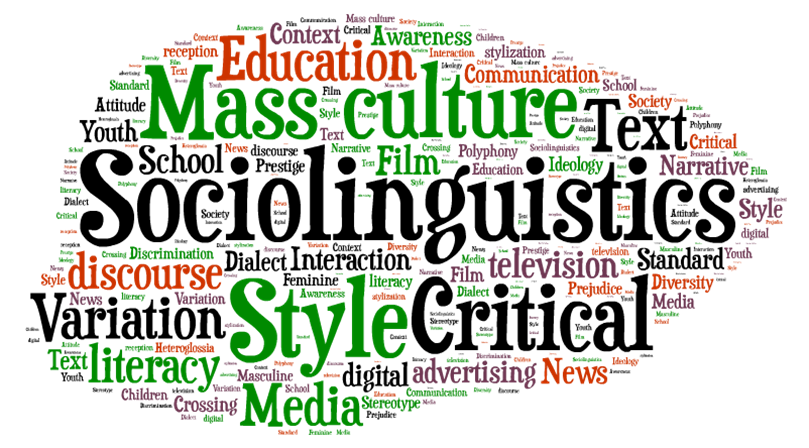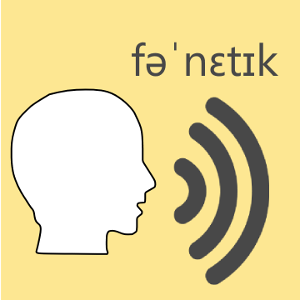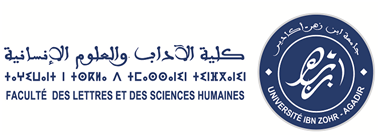Educational Psychology
Course Description:
The course is designed to serve as an introduction to concepts and theories in educational psychology. It sets out to provide students with the theoretical grounding and practical skills to become effective teachers.
Course Outline:
|
TOPIC ONE
|
Educational Psychology: A Foundation for Teaching
|
|
TOPIC TWO
|
Cognitive Development
|
|
TOPIC THREE
|
Student Diversity
|
|
TOPIC FOUR
|
Behavioral and Social Theories of Learning
|
|
TOPIC FIVE
|
Cognitive Theories of Learning
|
|
TOPIC SIX
|
Motivating Students to Learn
|
|
TOPIC SEVEN
|
Assessing Student Learning
|
Methods of Instruction
The course will be offered online using a flipped classroom approach. Students will be given in advance course materials for each week with some guiding lecture prompts/questions prior to our virtual class meetings. The purpose is to provide students with the necessary individual learning space so that our virtual class meeting is transformed into a dynamic learning environment where students are guided to analyse and apply their understanding of conceptual and empirical foundations of learning.
Learning Outcomes
By the end of this course, students will be able:
- Define educational psychology and explain its role in shaping learning and instruction.
- Describe the characteristics of effective teachers.
- Identify the research methods of educational psychology.
- Describe and compare between a set of developmental theories.
- Explain how individual variations and cultural diversity affect thinking and learning.
- Explain and apply behavioral, socio-cultural, and cognitive learning theories.
- Explain the role of motivation on learning and classroom behavior.
- Identify various assessment tools, their strengths and limitations, and use in school settings.
Assessment:
Students will have to sit for a written examination by the end of this course. The examination will be based on the course objectives.
Course Textbook:
Robert E. Slavin (2018, 12th Edition) Educational Psychology: Theory and Practice. NY: Pearson.

- Teacher: MUSTAPHA AABI
- Teacher: Abderrahim Mimouni
- Teacher: Hassan Ait Bouzid
- Teacher: MOHAMED EL FATIHI
The sociolinguist’s aim is to move towards a theory which provides a motivated account of the way language is used in a community, and of the choices people make when they use language
Holmes, J. (1992) An Introduction to Sociolinguistics. London: Longman.

- Professor: MOHAMED EL GHAZI
- Professor: Abdeslam JAMAI
- Teacher: SANAE AMINE
- Teacher: MOHAMED EL GHAZI
|
Course Description : |
This course offered in The 5th semester as a preparatory course laying the foundations for the end-of-term project/paper that students have to submit at the end of the 6th semester as partial fulfillment for the requirement of the BA in English studies. It is designed to familiarize the student with basic study skills and research methods in language and linguistics study. It aims to consolidate his/her knowledge of the study skills that he has learned in previous classes. It should prepare him/her for the writing of the end of study paper/ project (ESP) by introducing research skills in the training. S/he will then be exposed to the techniques used to design and undertake a certain type of research; descriptive research and/or experimental research. The course challenges the students to evaluate a range of language studies research methods, approaches, and paradigms and to consider which ones might best be applied in their prospective own research. It will be conducted over eight to twelve weeks, including an introductory class where the instructor will address the assigned readings (one of which will be the prospective topic of their ETP) and respond to students' questions on their theoretical and methodological approaches. By the end of the course, the students will be put through hands on practice tasks studying, analyzing, and evaluating a set of published peer-reviewed articles. This will sharpen their skills as to how a report of a research study is designed, structured, mounted, and written up. To close the course, a wrap-up session will be held, at which students will share and present an overview of their prospective ETP topic and the plan they envisage to follow in order to achieve the best they can in such a practical course. |
|
Contents: |
This course will look at freely available tools useful in locating information on a research topic, designing research proposals, organizing and collecting materials used for that aim. It will introduce the research tools available in the research literature but focus only on those at the disposition of the students at the FLSS. |
|
Learning Outcomes: |
On completing this course, students should demonstrate their a potential to:
|
|
Teaching Materials |
Left to the choice of the instructor |
|
Indicative Assessment: |
Appraisal of the students’ achievement of the course will be achieved via the following measures : 75 % final written exam. 25 % participation and attendance |
- Teacher: ABDALLAH GHAICHA
- Teacher: Hicham Latif
Welcome to this course of Phonetics that has been designed to introduce you to the scientific study of speech sounds and to the study of the articulatory aspects of speech.
The course will target the following learning goals:
-
You will learn how speech sounds are generally produced and perceived
-
You will learn how to transcribe and describe sounds and their articulatory aspects
-
The course will help you gain adequate knowledge on the anatomy of the vocal tract and the terminology used to describe speech articulations.
-
The course will help you also understand how to classify the English vowels and consonants using distinctive features
-
You will gain detailed knowledge of a syllable and the structure of English syllables

- Teacher: KHALID MOKTADIR
- Teacher: MOHSINE WAHIB
